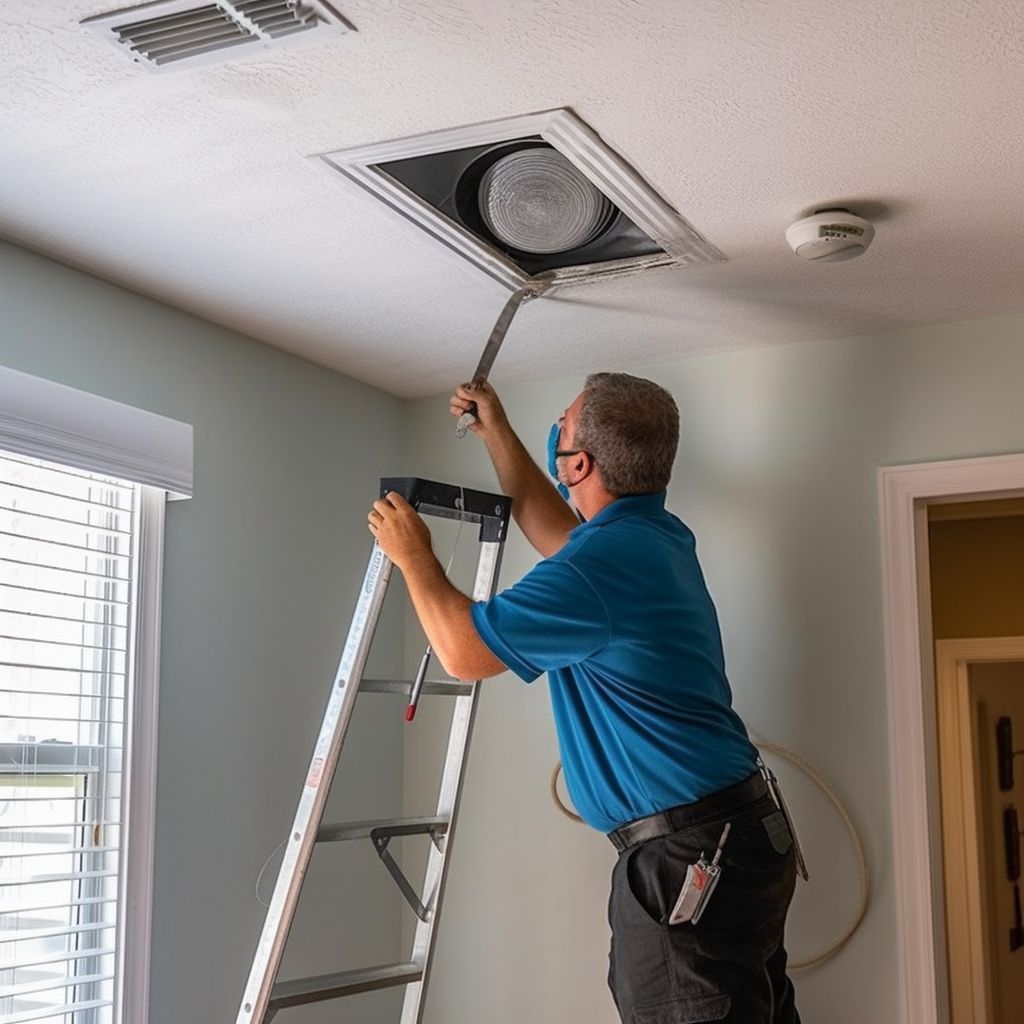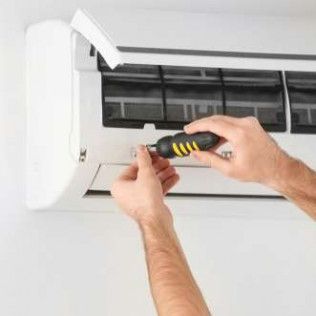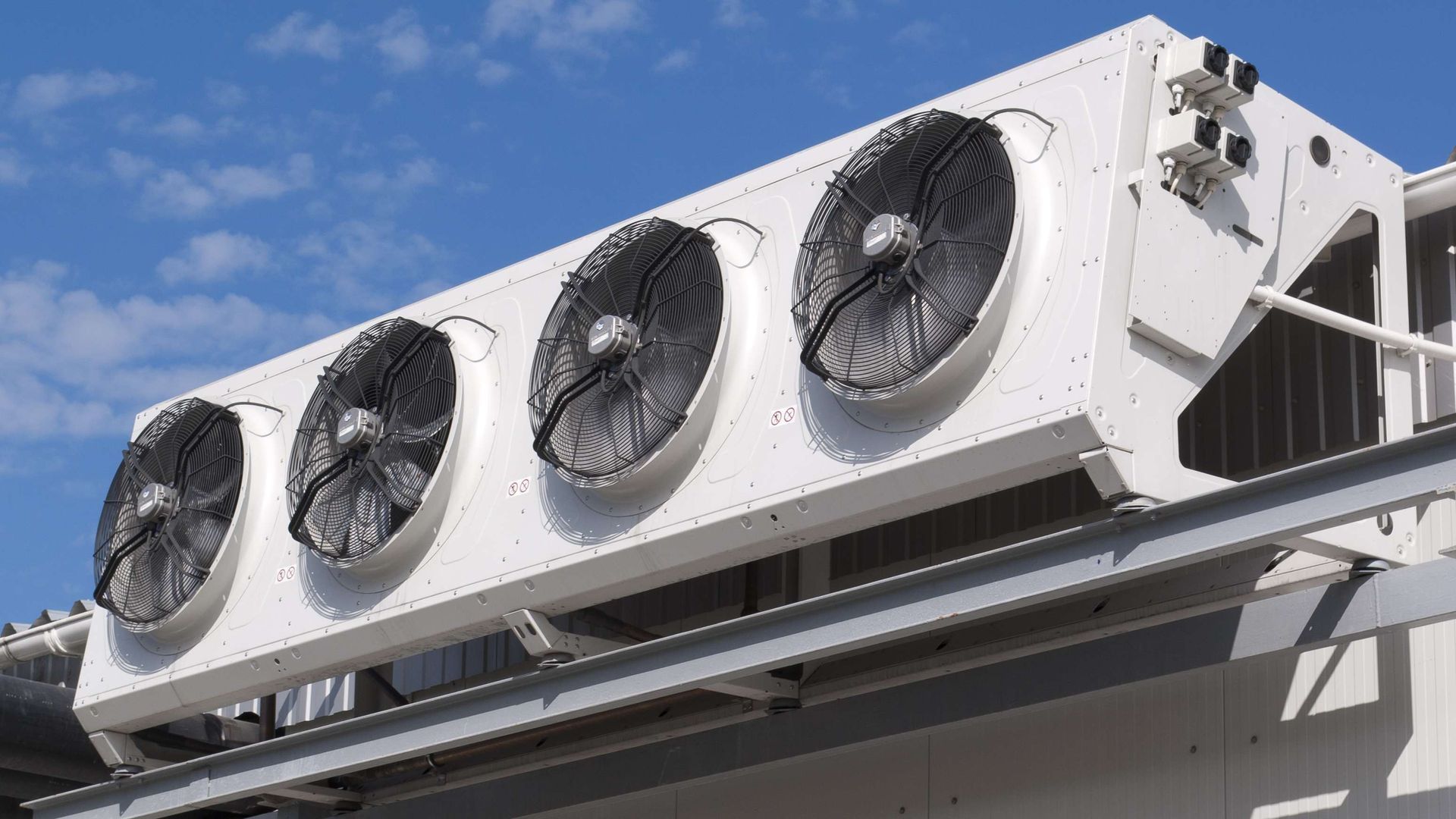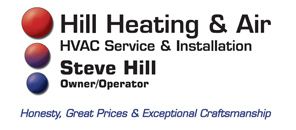Winter HVAC Maintenance: Tips for Protecting Your System from Snow and Ice
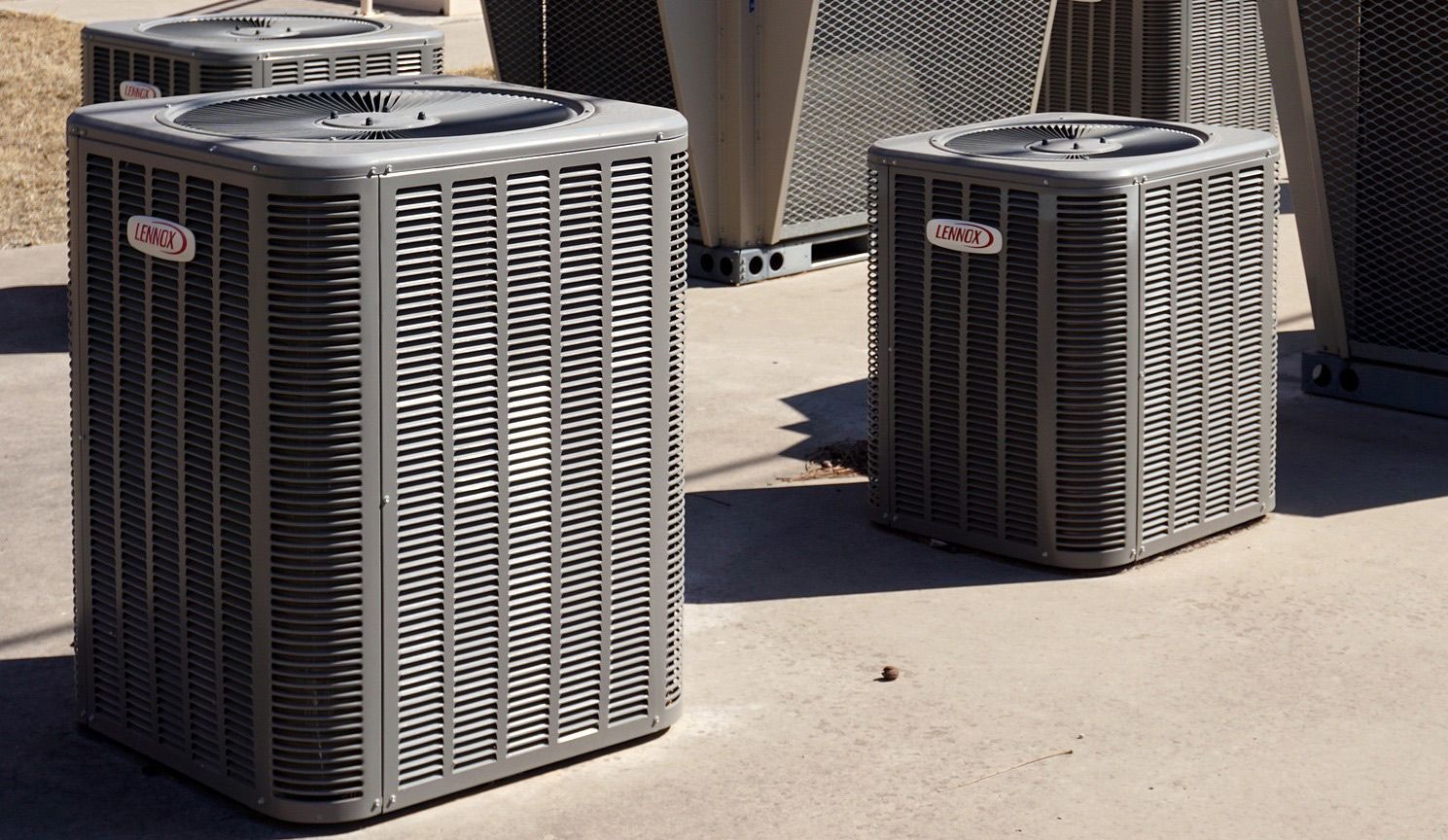
Change air filters
One of the easiest ways to maintain your HVAC system is by regularly changing your air filters. Dirty air filters can restrict airflow and cause your system to work harder than necessary, leading to increased energy bills and reduced indoor air quality. Changing your air filters every 30-60 days during winter is especially important to ensure optimal system performance.
To change your air filter, first, turn off your HVAC system. Then, locate the filter and remove it from the filter housing. Check the filter for dirt and debris; if it's dirty, replace it with a new one of the same size and rating.
Clear snow and ice from the outdoor unit
Snow and ice buildup around your outdoor HVAC unit can restrict airflow and damage your system's components. To prevent this from happening, it's important to clear snow and ice from your outdoor unit regularly during the winter months.
However, it's important to be cautious when clearing snow and ice from your outdoor unit. Never use sharp objects or hot water to melt ice, as this can damage your system's components. Instead, gently remove snow and ice from the unit's surface using a broom or brush.
Inspect the Furnace's Ductwork
Leaky ductwork can result in heat loss and higher energy bills. To check for leaks, turn on your furnace and feel for air leaks around your ductwork joints. If you find any leaks, seal them with foil tape or duct sealant.
Inspect and clean ductwork
Inspecting and cleaning your ductwork is an important step in maintaining the efficiency and performance of your HVAC system during the winter months. Over time, ductwork can develop cracks, gaps, or holes, allowing warm air to escape and making it more difficult for your system to maintain a comfortable temperature. By inspecting your ductwork regularly, you can catch any issues early on and prevent them from becoming bigger problems down the line.
Regularly cleaning your ductwork can also improve indoor air quality by removing dust, dirt, and allergens from your home's air supply. To clean your ductwork, you can use a vacuum cleaner or a specialized duct cleaning tool to remove debris from the ducts. However, for a more thorough cleaning, it's best to call a professional HVAC technician with the tools and expertise to clean your ductwork effectively.
If you notice significant damage or wear and tear on your ductwork, it's important to have it repaired or replaced by a professional HVAC technician. Damaged or poorly sealed ductwork can significantly reduce your system's efficiency and cause your energy bills to skyrocket. A technician can assess the damage and determine the best action to repair or replace your ductwork and keep your HVAC system running smoothly.
Schedule a professional tune-up
Regular professional maintenance ensures your HVAC system works efficiently and effectively. A professional tune-up can help catch any issues early, preventing costly breakdowns or repairs in the future. A technician will also clean and inspect your system's components, ensuring they are working correctly and efficiently.
Additionally, they may identify opportunities for improvement, such as upgrading to more energy-efficient equipment or improving your system's air filtration. By scheduling a professional tune-up each year, you can rest easy knowing your HVAC system is running at peak performance and that any potential issues have been addressed before they become major problems.
Check thermostat settings
Your thermostat plays a crucial role in regulating your home's temperature and ensuring that your HVAC system runs efficiently. Adjusting your thermostat settings during the winter months can reduce energy usage and save money on utility bills. One simple way to do this is by lowering your thermostat by a few degrees when you're not home or sleeping. This can result in significant energy savings over time.
However, it's important to remember that you don't want to lower the temperature too much, as this could result in discomfort and even health issues. The recommended temperature range during the winter is between 68 and 72 degrees Fahrenheit. This temperature range will provide optimal comfort while also allowing you to save on energy costs.
It's also important to check your thermostat regularly to ensure it works properly. Make sure to replace the batteries as needed to avoid any malfunctions. Consider upgrading to a smart thermostat, which allows you to control your home's temperature remotely and set a schedule that fits your lifestyle.
Seal leaks and cracks
Air leaks and cracks in your home's exterior can lead to a significant loss of heat, which puts more stress on your HVAC system to compensate for the loss. This not only results in increased energy bills but also leads to decreased efficiency and performance of your HVAC system. To combat this issue, it's crucial to seal any air leaks and cracks in your home's exterior.
One way to identify air leaks and cracks is to conduct a simple DIY test with an incense stick. Hold the incense stick close to potential areas of leakage, and if the smoke wavers, you may have an air leak. Look for areas where air may escape, such as windows, doors, and electrical outlets. These areas are typically the most common culprits for air leaks and cracks. Once you've identified these areas, it's time to seal them up.
The most common materials for sealing air leaks and cracks are caulk, weatherstripping, or foam insulation. Caulk works best to fill in small gaps and cracks, while weatherstripping is ideal for sealing gaps around doors and windows. Foam insulation is great for filling in larger gaps or cracks, especially in areas that are harder to access. By taking the time to identify and seal air leaks and cracks in your home, you can improve your home's energy efficiency and reduce strain on your HVAC system.
Final Thoughts
Following these winter HVAC maintenance tips ensures that your HVAC system runs efficiently, effectively, and safely all winter. Remember to change your air filters, clear snow and ice from your outdoor unit, inspect and clean your ductwork, schedule a professional tune-up, check your thermostat settings, and seal any leaks or cracks in your home's exterior. Call
Hill Heating and Air now to ensure that your HVAC systems runs smoothly during the winter season.
Contact Us
Contact Us
We will get back to you as soon as possible.
Please try again later.
HILL HEATING & AIR, LLC
South Jordan, UT 84095
CALL US
Phone: (801) 860-0655
HOURS | 24/7 AFTER HOURS AND WEEKENDS
- Mon - Fri
- -
- Sat - Sun
- Closed
HILL HEATING & AIR, LLC
Salt lake city , UT 84130 United States of America
CALL US
Phone: (801) 860-0655
HOURS | 24/7 AFTER HOURS AND WEEKENDS
- Mon - Fri
- -
- Sat - Sun
- Closed
Copyright © 2023 Hill Heating & Air, LLC, all rights reserved.

